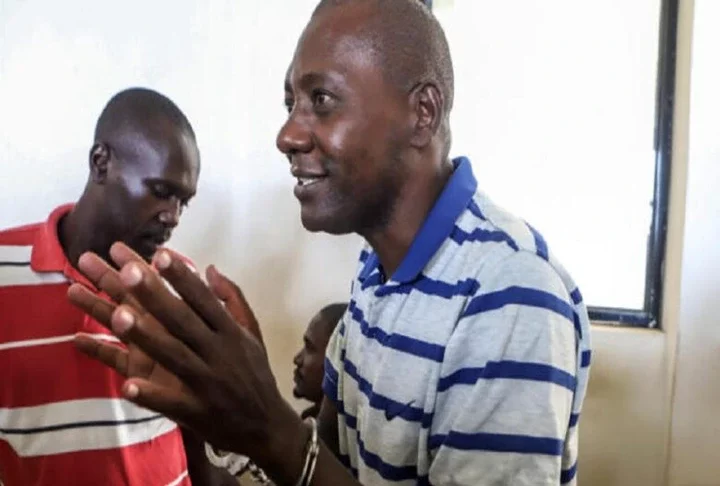
The trial for the leader of a Kenyan doomsday cult began on Monday, with charges of terrorism tied to the deaths of more than 400 of his followers, a horrifying case that stunned the world.
Along with 94 co-defendants, self-proclaimed pastor Paul Nthenge Mackenzie appeared in court in the coastal city of Mombasa.
Shortly after the hearing began, journalists were removed from the courtroom to allow a protected witness to testify. Detained in April of the previous year, Mackenzie is accused of persuading his followers to fast to death in order to "meet Jesus."
In January, he and others on trial pleaded not guilty to terrorism charges. They also face separate accusations including murder, manslaughter, kidnapping, and inflicting torture and cruelty upon children.
In a remote wilderness inland from the Indian Ocean coastal town of Malindi, the remains of over 440 individuals have been unearthed, marking what is now referred to as the "Shakahola forest massacre."
Upon conducting autopsies, it was determined that starvation was the primary cause of death. Shockingly, some victims, including children, showed signs of strangulation, severe beatings, or suffocation.
Examinations from autopsies revealed that while starvation seemed to be the primary cause of death, several victims, including children, had also suffered from strangulation, beatings, or suffocation.
Earlier legal documents also mentioned that some of the corpses had been subject to organ removal.
Police accused of inaction
Mackenzie, once a taxi driver, turned himself in on April 14 after authorities, responding to a tip-off, first entered Shakahola Forest and uncovered mass graves.
After months of meticulous DNA identification efforts, authorities began releasing some victims' bodies to their grieving relatives in March.
Concerns have been raised about how Mackenzie, a self-proclaimed pastor with a history of extremism, managed to avoid law enforcement despite his high profile and past legal issues.
"The Shakahola massacre represents the gravest security failure in our country's history," he declared at a senate committee hearing, promising to "persistently pursue legal reforms to curb rogue preachers."
In March, the Kenya National Commission on Human Rights (KNCHR), supported by the state, condemned security officers in Malindi for their "serious dereliction of duty and negligence."
The disturbing saga prompted President William Rutovow to intervene in Kenya's indigenous religious movements.
In predominantly Christian Kenya, it has also highlighted the failure to regulate unethical churches and cults involved in criminal activities.

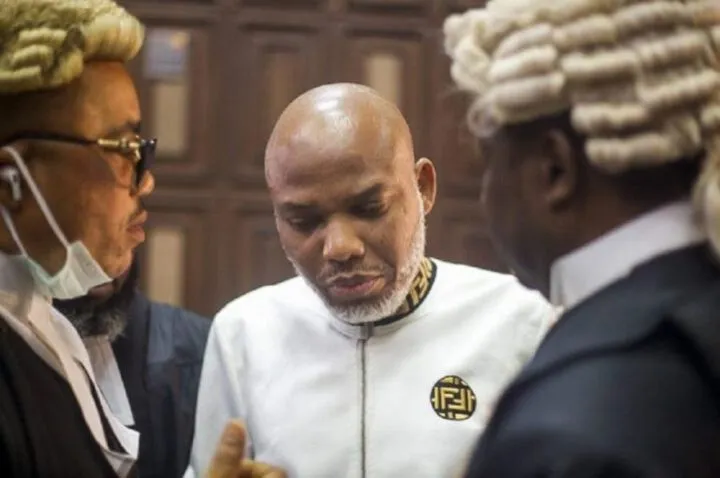

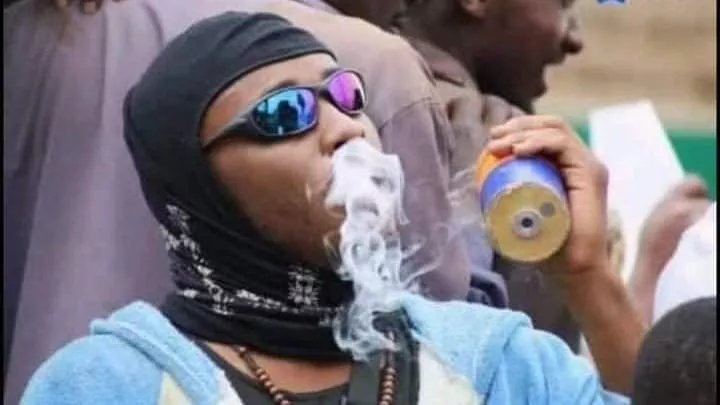

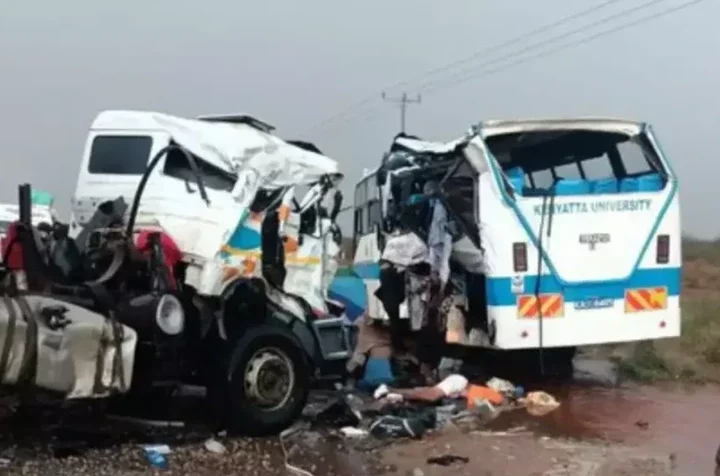


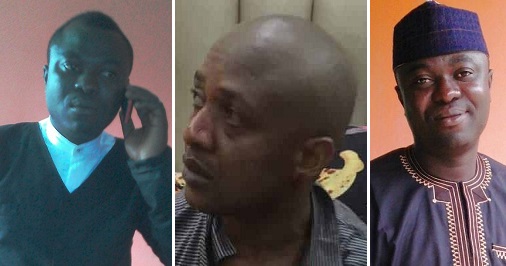



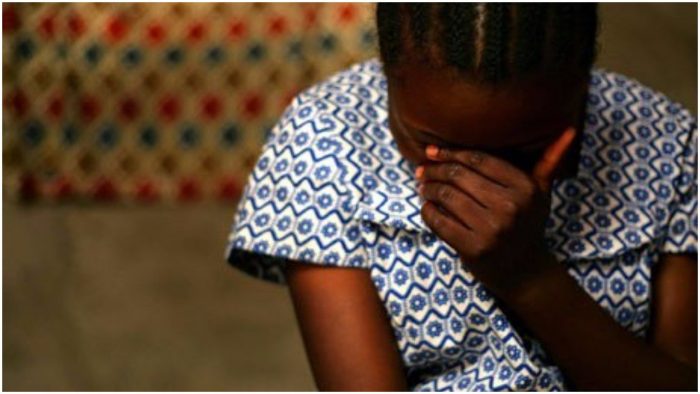
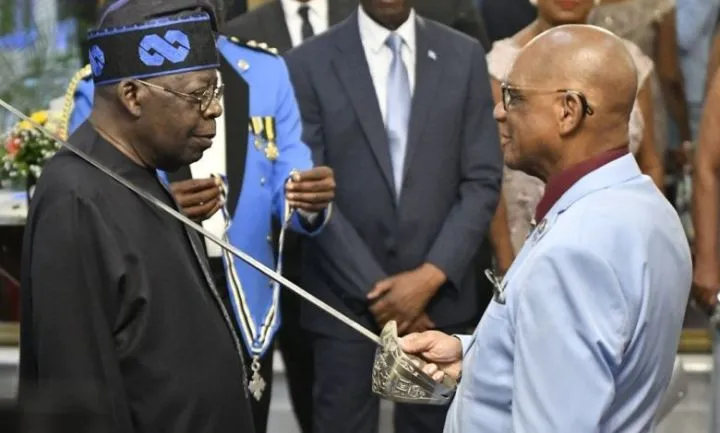


Comments